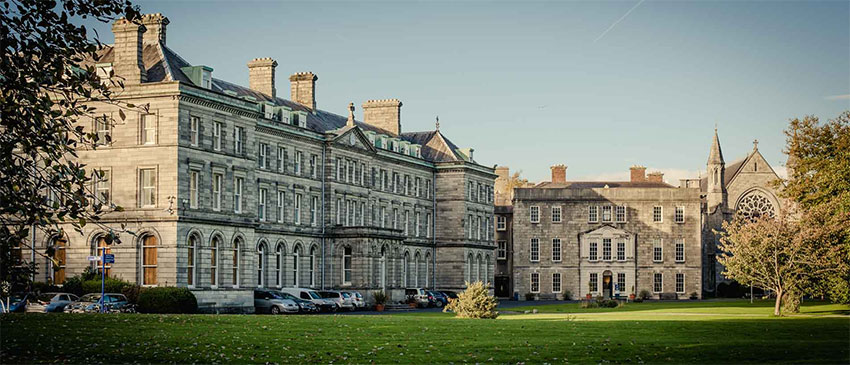(CBMI 2019) 2019 International Conference on Content-Based Multimedia Indexing
September 4-6, 2019
Location: Dublin, Ireland
Ph.D. positions with full financial support are now available in Dr. Ying Liu’s group in the Department of Computer Science and Engineering at Santa Clara University (SCU). Dr. Liu is looking for self-motivated PhD students to work on image/video processing, machine learning and deep learning. Visiting scholars and students are also welcome.
Motivated by Shannon's channel coding theorem, error-correction coding has become an integral part of all modern communications systems and standards that have enabled the information revolution of the past decades. Recently, there has been a growing interest in mission-critical applications that have extremely stringent reliability and latency constraints, such as autonomous driving, industrial automation, and remote robotic surgeries.

September 4-6, 2019
Location: Dublin, Ireland

October 28-31, 2019
Location: Rome, Italy

Submission Deadline: July 15, 2019
Call for Proposals Document
The Chair of Theoretical Information Technology at the Technical University of Munich has an immediate opening for a
Doctoral student; Postdoctoral student:
Hardware Demonstrator for Post Shannon Communication (E13 TVL) (f/m/d)
A critical task of a radar receiver is data association, which assigns radar target detections to target filter tracks. Motivated by its importance, this paper introduces the problem of jointly designing multiple-input multiple-output (MIMO) radar transmit beam patterns and the corresponding data association schemes.
This paper reformulates adaptive filters (AFs) in the framework of geometric algebra (GA), developing a complete study of the resulting geometric-algebra adaptive filters (GAAFs). They are generated by formulating the underlying minimization problem (a deterministic cost function) from the perspective of GA, a comprehensive mathematical language well suited for the description of geometric transformations.
We exploit persymmetric structures to design a generalized likelihood ratio test for detecting subspace signals in homogeneous Gaussian clutter with unknown covariance matrix. The subspace model is employed to account for mismatches in the target steering vector. An exact but finite-sum expression for the probability of false alarm of the proposed detector is derived, which is verified using Monte Carlo simulations.
The robust adaptive beamforming design problem based on estimation of the signal-of-interest (SOI) steering vector is considered in the paper. The common criteria to find the best estimate of the steering vector are the beamformer output signal-to-noise-plus-interference ratio (SINR) and output power, while the constraints assume as little as possible prior inaccurate knowledge about the SOI, the propagation media, and the antenna array.